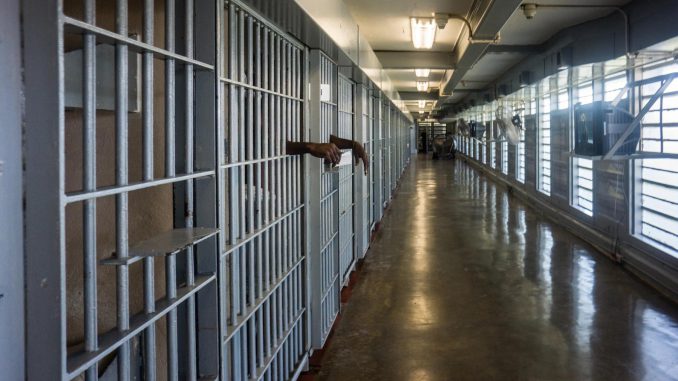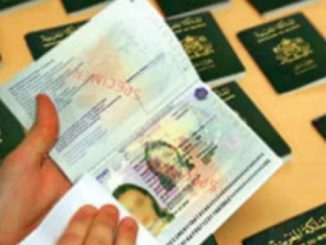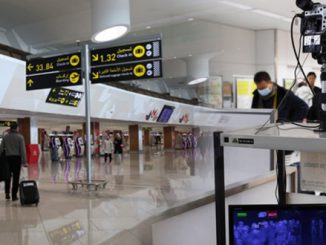
How do the 85,000 prisoners living in Moroccan prisons live in these times of epidemiological crisis? Are prisons, with high levels of overcrowding, protected from the spread of Covid-19? Faced with these questions, the head of the health care division within the General Delegation for Prison Administration and Reintegration (DGAPR), Taoufik Abtal, seems confident about the preventive measures taken in the prison park. It is true, he says, that the prison population is experiencing an exceptional situation as everywhere in Morocco and the world. But it is also true, he adds, that the Directorate General of Prisons and Prisons Administration has taken all measures to protect both inmates and officials from risks coming from outside the prisons.
Initially, the same speaker continued, the administration was careful to reduce the pace of visits and the number of visitors before suspending them in order to effectively contain the spread of the pandemic. This decision was understood by both families and inmates, Abtal said. Especially since, to maintain family ties, the administration has increased the time prisoners have to make phone calls. On the other hand, says Abtal, any staff member who was on leave or on a mission to a country where Covid-19 is present, or was in contact with someone from abroad, had to observe a 14-day period before returning to work.
In an interview with the weekly Al Ayyam, in its 9-15 April edition, Taoufik Abtal pointed out that, in a second stage, the administration has introduced a specific confinement for civil servants by setting up two teams that take turns. The members of the first team must work for two weeks during which they are housed in reserved spaces and equipped with all the necessary means. They may not leave the remand center until they have completed their shift to hand over to the second team.
As regards new arrivals (prisoners), a special procedure has been implemented to accommodate them. As soon as they arrive,” continues Abtal, “they undergo a medical check-up before being confined for 14 days in individual cells under daily medical supervision. It is true,” he says, “that this regime forces us to empty cells and transfer their occupants to collective cells.
But so far, he continues, this transfer has not further overwhelmed the prisons. And the head of prison health care emphasizes that if there is any doubt about a prisoner’s state of health, the administration will notify the competent services of the Ministry of Public Health, which will immediately go to the place of detention. There they will test him and take him to hospital, where he will be quarantined pending the results of the test. In other words, all hygienic and protective measures had been taken to prevent any dissemination of the Coronavirus within the prisons. As proof, to date, no case has been detected in the prison population, concludes Taoufik Abtal.




Be the first to comment